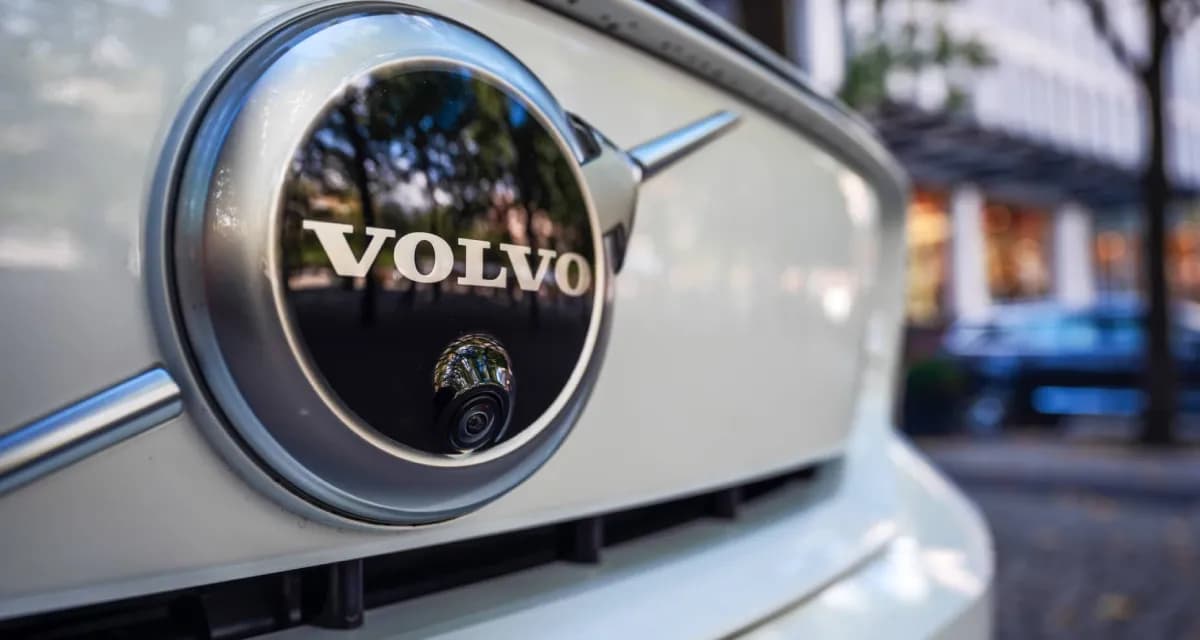Volvo Cars has scaled back its ambitious plan to become fully electric by 2030, now targeting between 90 and 100 percent electrification due to various market challenges. Despite full electrification remaining a central focus of the automaker’s strategy, several factors have forced the company to adjust its timeline.
Reasons for the Change
The Swedish automaker, owned by China's Geely, cited several obstacles:
Charging Infrastructure Delays: The rollout of charging stations has been slower than anticipated, impacting customer confidence in electric vehicles (EVs).
Policy Shifts: The withdrawal of government incentives in some markets has made EVs less appealing to cost-conscious buyers.
Tariffs: Recent tariffs on EVs in certain regions have added uncertainty to the market, further complicating Volvo’s transition to fully electric.
Updated Targets
Volvo originally announced its goal of becoming fully electric by 2030 in 2021. However, the company has now revised that target, allowing for up to 10 percent of its sales to include mild hybrid models, should market conditions require it.
Electrified Share by 2025: Volvo expects its electrified models, which include both fully electric and plug-in hybrids, to account for 50-60 percent of its lineup by 2025.
Full EV Lineup: The automaker still plans to have a complete range of fully electric cars available well before the decade ends, allowing flexibility in response to market conditions.
Current Electrification Progress
Volvo has made significant strides in the EV space:
Current EV Models: The company currently offers five fully electric models, with five more in development.
2024 EV Share: During the second quarter of 2024, 26 percent of Volvo's global sales were fully electric, the highest among premium car manufacturers.
Electrified Share: Counting both EVs and plug-in hybrids, electrified models made up 48 percent of the company’s sales during the same period.
While Volvo Cars may not meet its initial goal of full electrification by 2030, it remains committed to an electric future. The company continues to develop new EV models and adapt its strategy in response to evolving market conditions, aiming to achieve full electrification when the market is ready. Volvo Cars has scaled back its ambitious plan to become fully electric by 2030, now targeting between 90 and 100 percent electrification due to various market challenges. Despite full electrification remaining a central focus of the automaker’s strategy, several factors have forced the company to adjust its timeline.
Reasons for the Change
The Swedish automaker, owned by China's Geely, cited several obstacles:
Charging Infrastructure Delays: The rollout of charging stations has been slower than anticipated, impacting customer confidence in electric vehicles (EVs).
Policy Shifts: The withdrawal of government incentives in some markets has made EVs less appealing to cost-conscious buyers.
Tariffs: Recent tariffs on EVs in certain regions have added uncertainty to the market, further complicating Volvo’s transition to fully electric.
Updated Targets
Volvo originally announced its goal of becoming fully electric by 2030 in 2021. However, the company has now revised that target, allowing for up to 10 percent of its sales to include mild hybrid models, should market conditions require it.
Electrified Share by 2025: Volvo expects its electrified models, which include both fully electric and plug-in hybrids, to account for 50-60 percent of its lineup by 2025.
Full EV Lineup: The automaker still plans to have a complete range of fully electric cars available well before the decade ends, allowing flexibility in response to market conditions.
Current Electrification Progress
Volvo has made significant strides in the EV space:
Current EV Models: The company currently offers five fully electric models, with five more in development.
2024 EV Share: During the second quarter of 2024, 26 percent of Volvo's global sales were fully electric, the highest among premium car manufacturers.
Electrified Share: Counting both EVs and plug-in hybrids, electrified models made up 48 percent of the company’s sales during the same period.
While Volvo Cars may not meet its initial goal of full electrification by 2030, it remains committed to an electric future. The company continues to develop new EV models and adapt its strategy in response to evolving market conditions, aiming to achieve full electrification when the market is ready.
Also Read:
